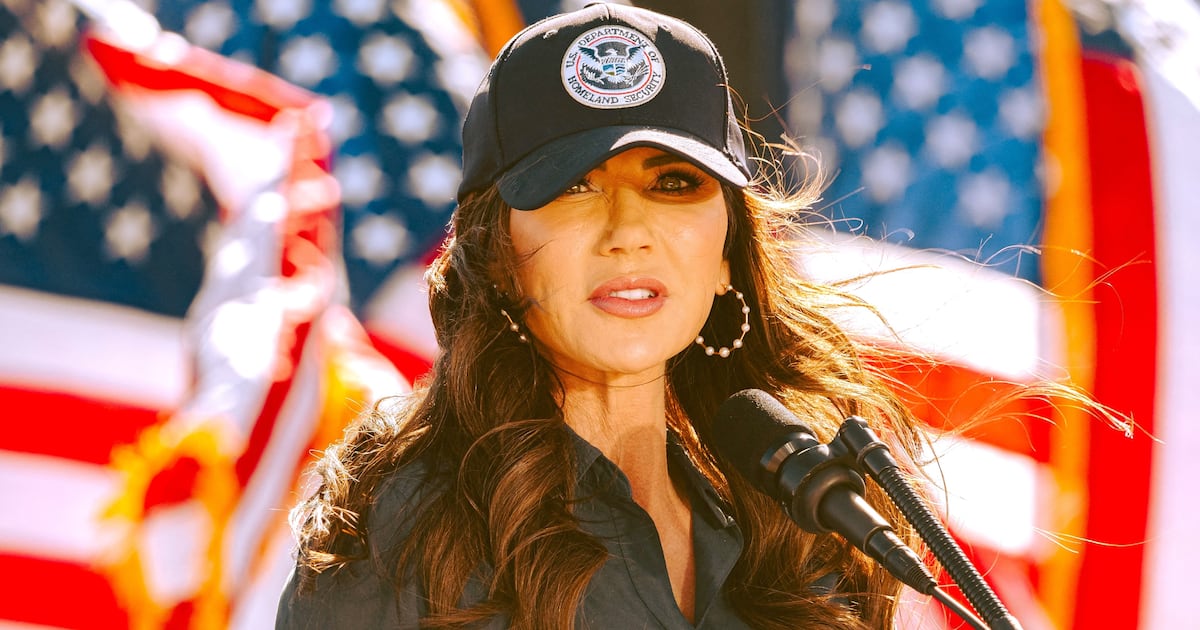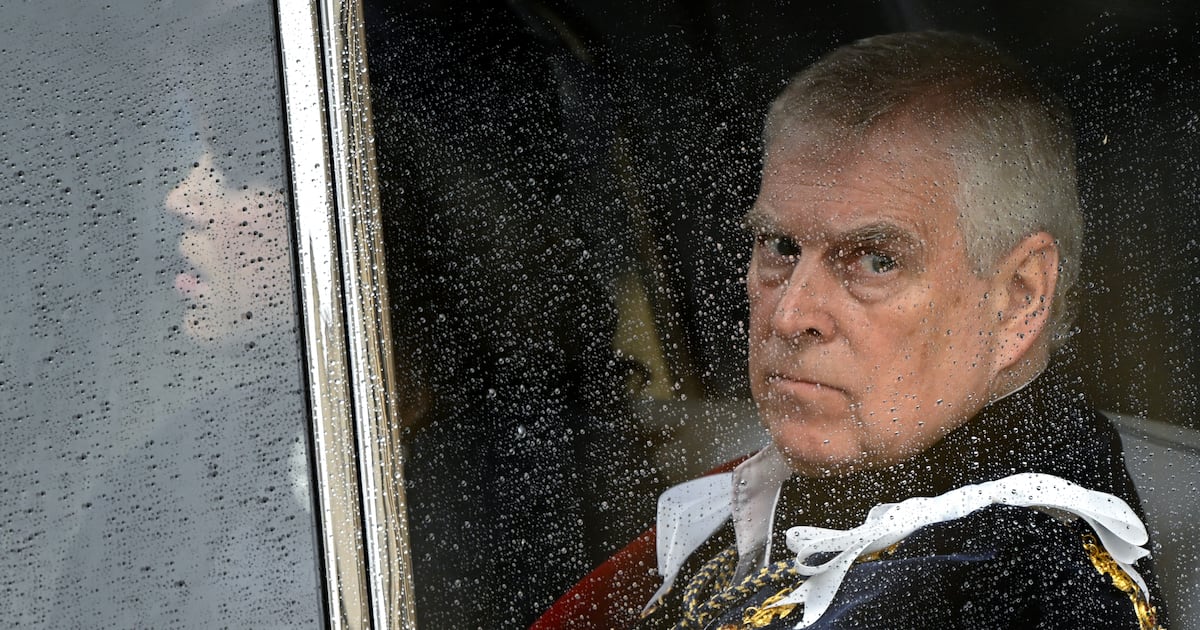Imagine a conversation that goes: “Mommy, why did they start bringing in things beyond the test to decide who goes to Stuyvesant?”

“Because black and Latino kids couldn’t ace the test.”
“Why didn’t they try to teach them how?”
Notice something: We’re supposed to assume this kid’s question is somehow naïve, and certainly that an adult who would pose the same question is either some kind of fool or sinister in some way. In many circles it is considered beyond question that the reason so few brown kids go to New York City’s three top schools, where admissions is based solely on a two-and-a-half hour test, is “racism” of some kind.
If this year only 33 students out of 3,281 were black, for example, then one is supposed to think that the standards themselves must be racist—and thus must be battled, as the NAACP has done in decrying the tests. But we’re applying a 1972 model to 2014’s problems. There was a time when smart black people could say to a room full of their concerned peers that standardized tests are incompatible with “black” thinking. Well, to some, apparently, that time is still with us, such as a black person who opined that “the exam is designed to exclude blacks because it’s heavy on math, and black people can’t do math.”
Frederick Douglass, W.E.B. DuBois, and Mary Macleod Bethune are turning in their graves, and I would like to have even known what Maya Angelou and Ruby Dee thought of statements like this.
Overall, the racism argument just doesn’t work for this case. Black students from Stuyvesant fan out to middle schools in black neighborhoods every year to spread the word to students about the test you need to take to get into it. Plus, the city helps. There are free—free—test prep courses available. The school’s administrators achingly wish there were more black kids.
If this is institutional racism, then the term is devoid of meaning. The problem here is information flow.
Stuyvesant’s parent coordinator has said that people in underserved communities often don’t know about the test. Plus, if the custom of near-obsessive prepping for such tests isn’t in the air where you grow up, how can you know how, or even whether, to do it?
And yet it is considered beyond the pale to discuss getting the kids up to speed: Instead we are to change the standards—the current idea is to bring GPA, performance on a state test, and even attendance into the equation as well. What an honor to black kids to have attendance treated as a measure of excellence. What’s next, rhythm?
Celebrated black writer Zora Neale Hurston wouldn’t have understood. She wrote, “If I say a whole system must be upset for me to win, I am saying that I cannot sit in the game, and that safer rules must be made to give me a chance. I repudiate that. If others are in there, deal me a hand and let me see what I can make of it, even though I know some in there are dealing from the bottom and cheating like hell in other ways.”
Yet today apparently that qualifies as right-wing boilerplate that would qualify Hurston as a race traitor. This is not what the Sixties were supposed to be about.
Note: The situation must, indeed, change. My point is not that things ought stay the way they are until brown kids’ parents just “shape up” in some way. No one has done anything wrong. It should be no surprise that hard-working parents of brown kids often aren’t aware of how to get their kids into a school like Stuyvesant. Too often they went to schools where no one knew. Almost none of their parents did. And in the old days the city wasn’t offering free—free —test coaching.
The question is what must be done. Getting the word out to black parents about how to make their kids top students is hardly a radical proposition: the Minority Student Action Network has been demonstrating it for a long time now.
And theirs is a more respectful approach to the issue than the assumption we are now trained to embrace as enlightened: an assumption so casual and yet so brutal, that black and Latino kids simply can’t pass the tests. Yes, this indeed is the assumption, even if unstated. As we all know when it comes to racism in general, something doesn’t have to be explicitly stated to be felt.
Here, we see what is felt with breezily accepted notions such as the idea that black kids can’t do math, or the idea of the NAACP—arguing for the advancement of colored people—intoning that because black and Latino kids don’t pass the test much, the test is racist.
Yet the way this is discussed and written about, you’d assume that the reasoning has already long been laid out. Is it the moral thing to exempt black and Latino kids from the serious competition we consider a normal part of life for all other children, instead of making an effort to prepare them for it? That’s a peculiar and, at least to me, counterintuitive proposition.
1964: We demand to be treated as equals. 2014: We object that we cannot be subject to serious competition until society is something close to perfect—and roll our eyes at anyone who doesn’t “get it.”
But what we need to “get” is that insisting that black and Latino kids can’t be taught to ace tests is, itself, racist. Or, at least, that is a perfectly fair assumption until we have a less coded discourse about the matter.
Otherwise, it comes down to this: If racist underestimation is what brown kids need to succeed, we are faced with a truly novel take on what civil rights, justice, and morality are.






